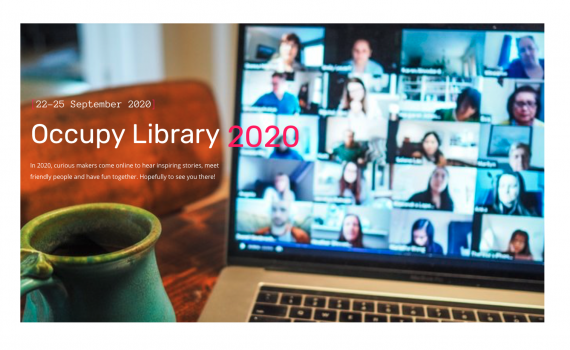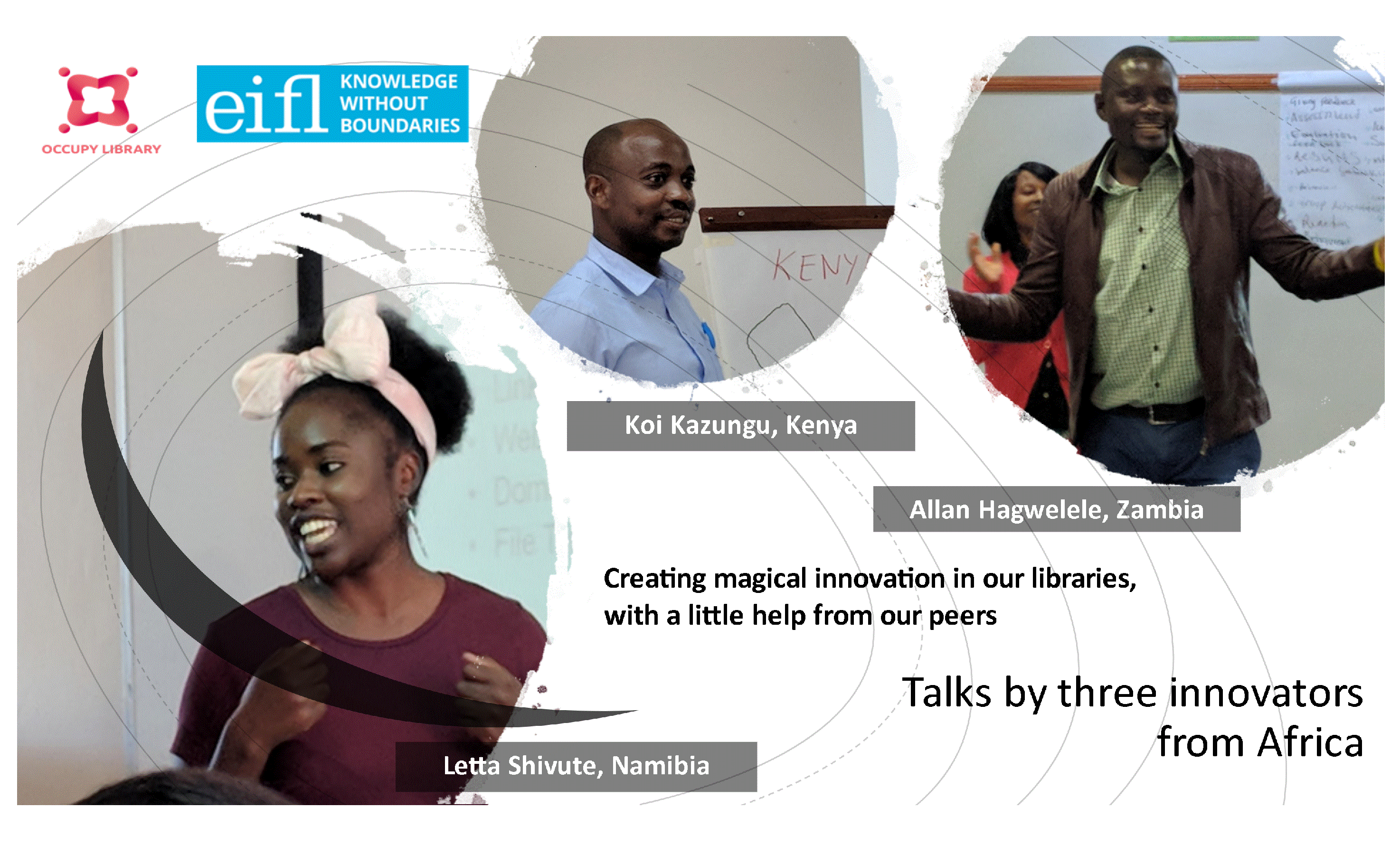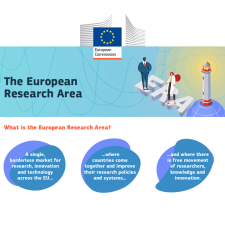
In the last week of September, the EIFL Public Library Innovation Programme (EIFL-PLIP) team attended the Occupy Library 2020 conference, organized by the Progress Foundation, a small NGO based in Romania, that has successfully implemented some exciting public library initiatives and projects in the field of education, training, social and digital inclusion and community development.
Occupy Library 2020 promised to explore innovative ideas and practices from public libraries in the Central, Eastern European, Black Sea, Caucasus, and Caspian regions. COVID-19 meant the conference had to move online - transforming it into a truly global event that attracted 90 speakers, and 1,200+ registered participants from all over the world.
The conference adopted the format of Next Library®, a highly-acclaimed biennial celebration of public library innovation organized by Aarhus Public Libraries in Denmark. Well done to the conference organizers, the Progress Foundation’s team! Your conference was one of the highlights for public libraries and public library support agencies in a difficult year of library lockdowns and restrictions.
We agree with our good friend and colleague from Kenya, Purity Kavuri-Mutuku, principal librarian of Kenya National Library Service / Nakuru Public Library, who wrote afterwards: “I attended a number of sessions and heard many new ideas. I cannot wait to try out a few of them when we reopen. The conference was really well organized - all the presentations, the keynote speakers and all the sessions - amazing, amazing, amazing! I am super excited!”
The EIFL-PLIP team - Susan Schnuer, Ugne Lipeikaite and Ramune Petuchovaite - were also excited. Here are their top takeaways from the conference.
Susan: microlearning in public library training
As the EIFL-PLIP Capacity Building Manager I am a voracious consumer of anything that relates to public library training and professional development, and I found much to engage me during Occupy Library 2020. I was particularly intrigued by a session given by Razvan-Victor Sassu, the founder of Young Initiative Association in Romania, who discussed current trends in digital education to empower communities. He described how online education is becoming more demand-driven, and focused on skills-based learning, gamification, and microlearning.
I was fascinated by the idea of microlearning. Microlearning means distilling teaching into smaller, and shorter, online learning units that help learners achieve a goal. Immediately I started thinking about what microlearning might look like for future EIFL-PLIP projects for the training of public librarians in Africa. Occupy Library was an immersive and rich experience, and I walked away with a head full of new ideas, and an urge to try my hand at microlearning.
Watch the session here - Emerging Tech Trends to Empower Communities.
Ugne: advocacy, and the importance of impact data
In my work as EIFL-PLIP Impact Manager I always emphasise the importance of impact evidence in advocacy. Local public libraries can support global advocacy by sharing stories about how library services contribute to the UN Sustainable Development Goals (SDGs). One good place to share their stories, highlighted during a session organized by IFLA (the International Federation of Library Associations and Institutions) is the IFLA Library Map of the World. The map is a very handy tool for gathering and sharing data about public library innovations and impact statistics.
Speakers also showcased some other fun tools and resources for library advocacy, such as the Library Advocate Personality Test, The 10-Minute Library Advocate tips and Library Advocacy Capacities Grid. So I’d recommend that everyone, but especially people interested in library advocacy, watches the recording of this session.
Ramune: change, and the role of leadership
Even before joining the EIFL-PLIP team as Manager, I was interested in transformation of public libraries, where new ideas come from, how they are turned into successful library practices, and the role of leadership in all of this. 
So I chose to follow the Fab Talks, and was rewarded by the conversation of Eppo van Nispen tot Sevenaer, former director of the DOK Library Concept Centre in Delft, currently chairing the Netherlands Artificial Intelligence Coalition, and Erik Boekesteijn, Senior Advisor at the National Library at the Netherlands, who is well-known for his world tour to collect the best practices in public libraries. They address questions like - why the library community needs to be open to knowledge and experience from non-library professionals; how to get out-to-box ideas, and inspire others and a success formula for bringing changes in libraries that includes surprise, failure and fun. For a taste, here are three quotes by Eppo:
“If you will, in the first-place, worry about money, you never get to the big idea to make big jumps. The money is in the second place.”
“The most modern library in the world. To be heard and seen you should set high goals that are not librarian-like. Libraries have the capacity to reach them.”
“If there is no fun in what you do, nothing can happen.”
I encourage you to watch the recording to see the extraordinary interaction between these two charismatic speakers.
The EIFL-PLIP workshop: ‘magical innovation’
EIFL-PLIP also organized a workshop, during which participants in the EIFL Initiative for Young African Library Innovators (IYALI) discussed new public library service ideas learnt through IYALI, and putting them into practice in their libraries. Watch the session, titled ‘Creating magical innovation in our libraries, with a little help from our peers’, which features young library innovators from Kenya, Namibia and Zambia.
Find out more about Occupy Library 2020.
SHARE / PRINT







